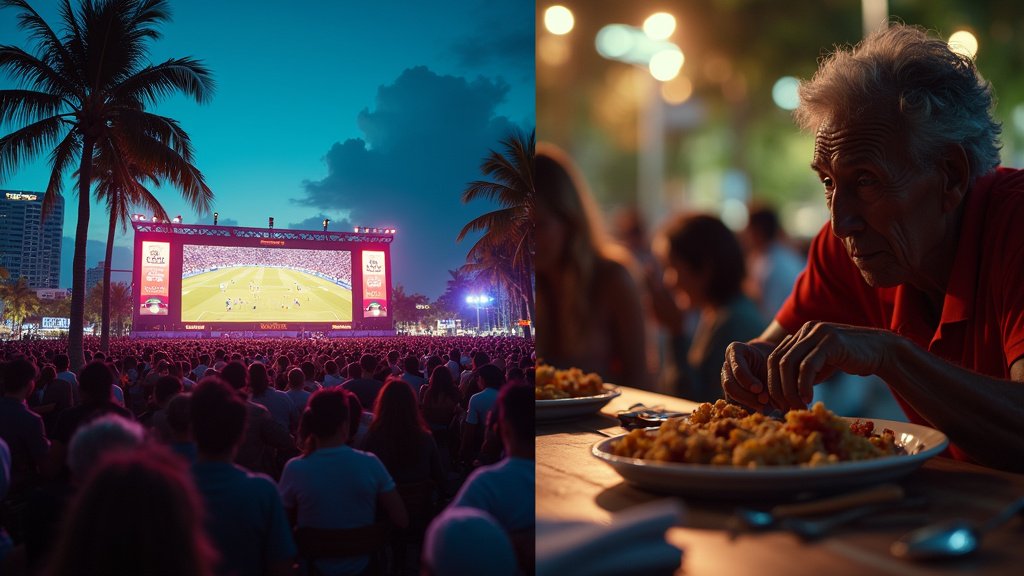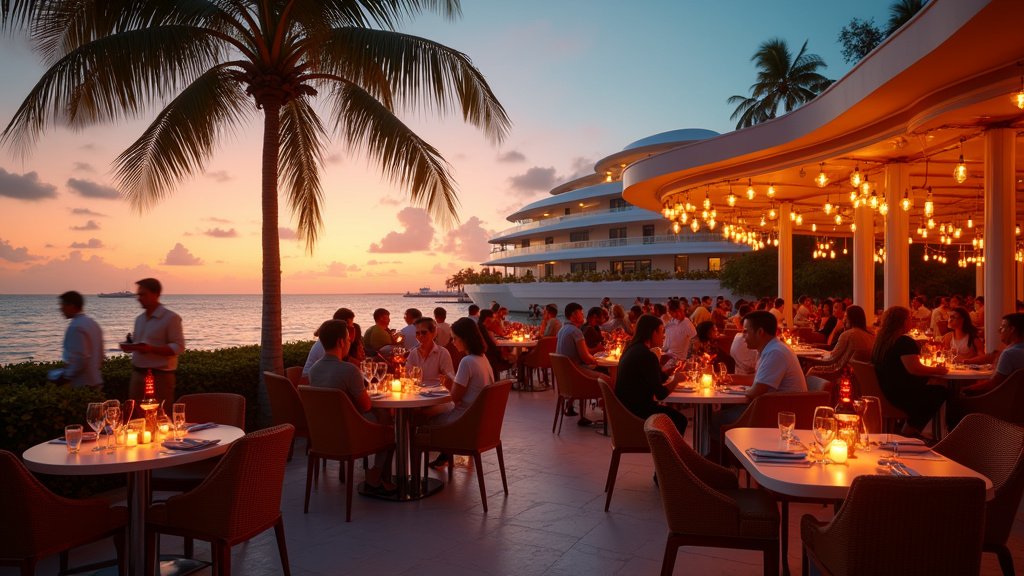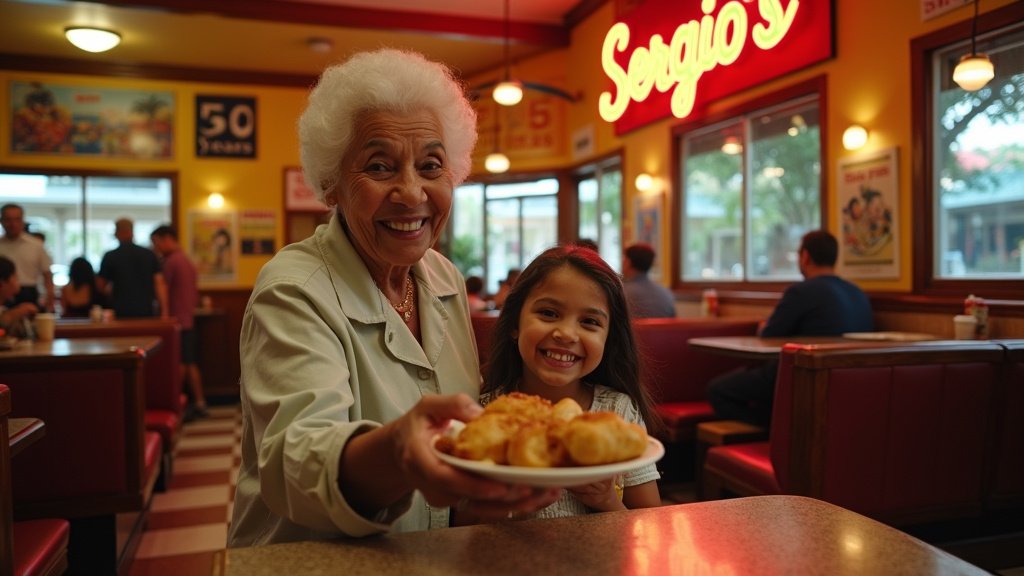Miami’s World Cup Fan Fest Plans Ignite Budget Battle Amid Nonprofit Funding Cuts
Miami-Dade County is gearing up to host a significant portion of the highly anticipated 2026 FIFA World Cup, a global spectacle poised to draw millions of eyes and visitors to South Florida. While the excitement for the world’s most popular sporting event builds, the county’s planned financial commitment, totaling $46 million, has emerged as a flashpoint in the ongoing debate surrounding Mayor Daniella Levine Cava’s proposed 2026 budget.
The substantial investment, earmarked to facilitate the grand event, includes $25 million dedicated to critical public safety services and an additional $21 million in direct cash contributions. This funding, intended to ensure the smooth and secure execution of World Cup activities, now stands at the center of a contentious budget discussion, particularly in light of concurrent proposals to significantly reduce funding for local community services.
The Cost of Global Spectacle
The financial blueprint for Miami-Dade’s World Cup involvement has become a key point of scrutiny for critics of Mayor Levine Cava’s upcoming budget. The proposed 2026 fiscal plan outlines a staggering $40 million in cuts to county grants for local nonprofits. These organizations are often the bedrock of community support, providing essential services to some of the county’s most vulnerable populations.
This juxtaposition of a multi-million-dollar sports subsidy alongside deep cuts to social programs has fueled a growing public debate. Advocates for the nonprofits argue that essential services, already strained, cannot afford further reductions, especially when significant funds are being allocated to a temporary sporting event.
Budgetary Tensions and Community Concerns
The news of the proposed cuts has drawn sharp criticism from various sectors, including state legislative bodies. State Senator Ileana Garcia has been particularly vocal, directly citing the substantial sports subsidy as a compelling reason to avoid slashing vital grants. She has highlighted the direct impact these cuts would have on services such as senior meals and adult day care, programs that provide daily sustenance and critical support for the elderly and those requiring supervised care within the community.
For many, the debate encapsulates a broader discussion about public spending priorities. While the economic boon and global exposure offered by the World Cup are undeniable, the immediate needs of local residents, particularly those relying on charitable grants for basic necessities, present a moral and practical dilemma for county leaders.
A Grand Vision: The World Cup Fan Fest
Beyond the competitive matches themselves, a significant component of Miami-Dade’s World Cup strategy revolves around creating an inclusive and expansive experience for all fans, regardless of whether they possess highly coveted game tickets. Central to this vision is a grand Fan Fest, detailed extensively in the host committee’s bid document for private insurance services.
This free, public celebration is envisioned to last up to three weeks and will be hosted at the picturesque Bayfront Park in downtown Miami. The proposed Fan Fest promises an immersive experience for hundreds of thousands of local residents and visiting enthusiasts alike. It will feature large-scale match viewings, allowing fans to collectively cheer for their favorite teams in an electric atmosphere. Beyond the live broadcasts, the event is planned to offer live entertainment, showcasing a diverse range of artists and performers.
A key element of the Fan Fest is its commitment to Miami-centric programming, designed to highlight the unique culture, vibrancy, and diversity of the city. This localized content will aim to offer visitors an authentic taste of Miami beyond the stadium experience. Furthermore, attendees can expect a wide array of diverse food and beverage options, with local restaurant vendors and culinary talents contributing to a rich gastronomic landscape. From international flavors to local favorites, the Fan Fest aims to cater to every palate, ensuring a comprehensive and enjoyable experience for fans without game tickets.
The Importance of Inclusivity
Rodney Barreto, the volunteer chair of the local host committee, has consistently underscored the pivotal role of the Fan Fest. He has emphasized its importance as an alternative gathering place outside Hard Rock Stadium, which will serve as the primary venue for matches. Barreto’s vision for the Fan Fest is to create a true communal hub, allowing a broader cross-section of the population to partake in the global excitement of the World Cup, even if they cannot attend the stadium games.
This inclusive approach is designed to extend the World Cup’s reach throughout Miami-Dade, ensuring that the economic and cultural benefits are felt beyond the immediate vicinity of the stadium. It represents an effort to transform a sporting event into a city-wide celebration, enhancing Miami’s reputation on the international stage.
The Evolving Debate
As the 2026 World Cup draws nearer, the debate over Miami-Dade’s financial commitments and budgetary priorities is expected to intensify. The question of how to balance the allure of hosting a major international event, with its undeniable prestige and potential economic stimulus, against the immediate and tangible needs of the community’s most vulnerable populations is quickly becoming a trending topic in local political circles and within the wider public discourse.
For critics, the allocation of $46 million to the World Cup, while simultaneously cutting grants for essential services like senior meals and adult day care, highlights a disconnect between grand civic ambitions and foundational community support. For proponents, the World Cup represents a unique, once-in-a-generation opportunity for global recognition and long-term economic benefits that justify the upfront investment.
The coming months will undoubtedly see more discussion and negotiation as county leaders grapple with these complex fiscal and social considerations, ultimately shaping both Miami-Dade’s World Cup legacy and the well-being of its residents.





